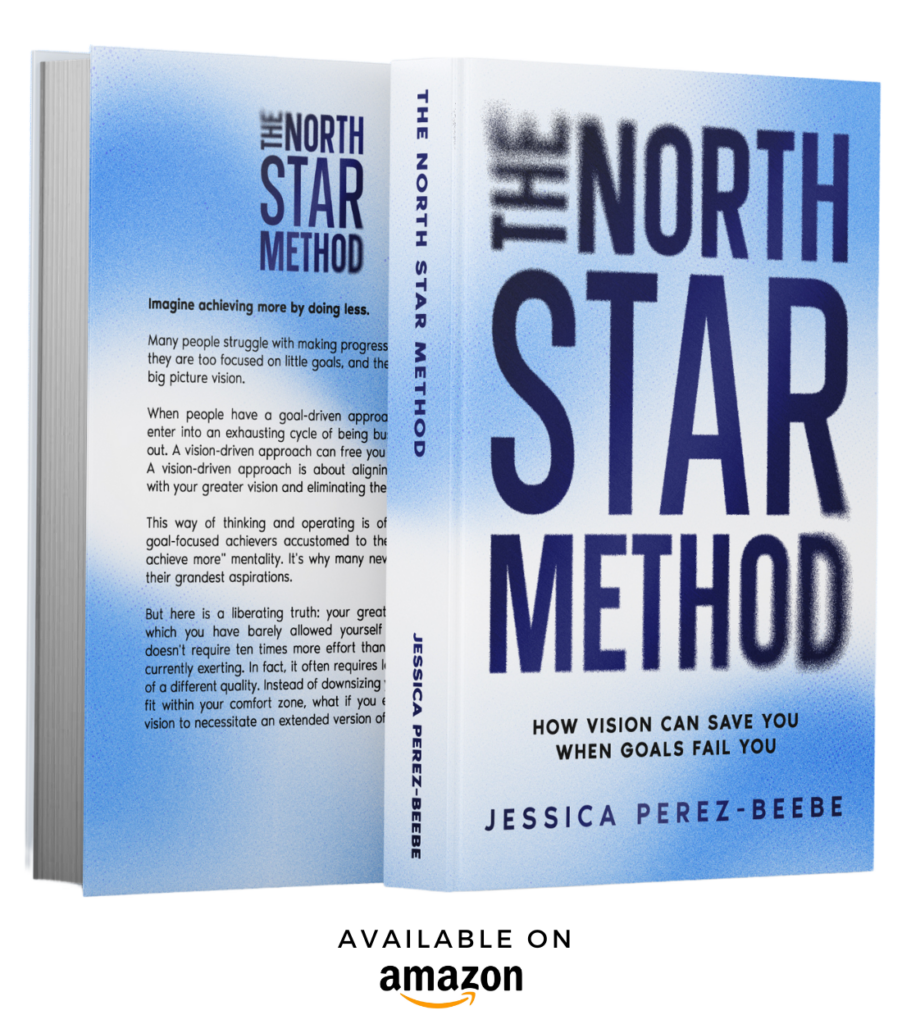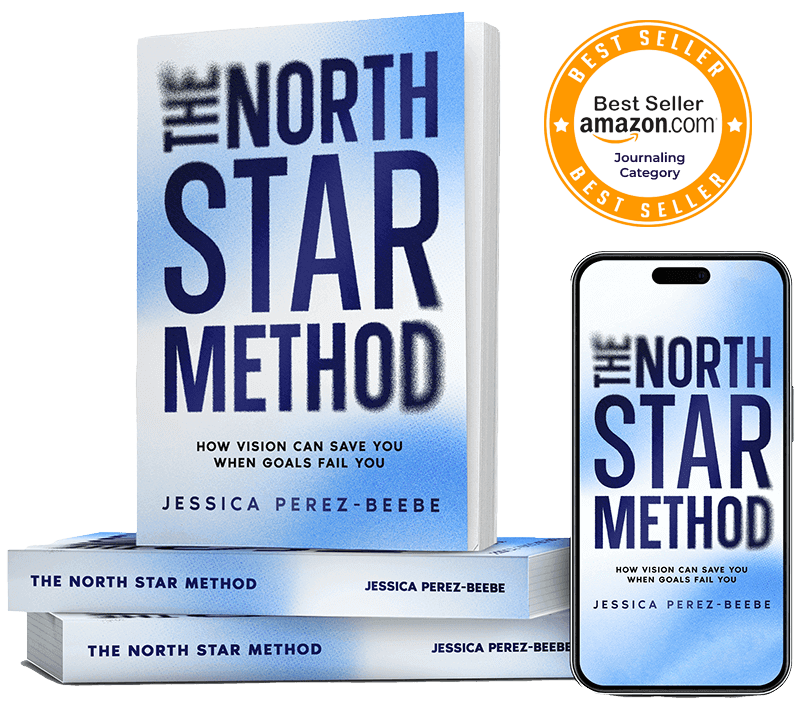If you’ve been following me through July, you know we’ve been biohacking midlife from the ground up.
We started with the physical:
💪 Strength training to keep your muscle, your metabolism, and your curves.
🧪 Functional labs to understand what’s actually going on in your hormones, thyroid, and nutrient levels.
🏡 Environmental clean-up to lower the toxic load in your home.
But here’s the thing:
- You can lift the weights.
- You can run the labs.
- You can clean up your products.
👉 And still feel off.
That’s where August comes in.

This month, we’re looking at the habits, patterns, and emotional defaults that quietly drain your vitality — the things you live with because they feel normal, or because the world around you says they’re normal.
And for me, the one that’s been on my mind most lately? Alcohol.
My Real Relationship With Alcohol
I’ve been a drinker my entire adult life.
Not in an extreme way — but regularly.
Sometimes wine with dinner, sometimes cocktails out with the girls.
Then COVID happened. And like a lot of people, my drinking increased. Some weeks it was a few nights. Other weeks… it was every night. Sometimes it was just two glasses of wine with dinner. Other times, it turned into a full bottle (yes, by myself).
I didn’t like how often I was drinking. So over the past year, I’ve made a conscious effort to cut back. And I’ve done that.
But lately? I’ve been asking myself a different question:
Why am I drinking at all?

What I’ve Noticed (And Why It Matters for Health)
I don’t drink to get drunk.
For me, it’s been about:
- Winding down after the day
- Letting myself stop being “on”
- Slowing my brain down and feeling more in touch with my emotions
And you know what? Those reasons have been socially accepted, and you might even relate to them yourself.
But if we look deeper, those reasons (or excuses) have their own problems in and of themselves.
For example, if you’re drinking in order to feel more in touch with your emotions (like I was), that could be an indicator there’s some work to do around unresolved anger, pain, sadness, or even past trauma.
👉 We’ll be digging deeper into that later this month when we talk about emotional release, the benefits of therapy, and nervous system regulation. Be prepared; I’m pulling back the curtain on my own struggles.
Slow Erosion for High Performers
Here is what I had to acknowledge: Even one or two drinks changes how I feel the next day.
- My workouts drag.
- My energy dips.
- My mood isn’t as steady.
- I’m more irritable.
And there’s also what’s happening inside.
Alcohol is a toxin. It’s literally classified as a carcinogen. When you drink, your liver immediately prioritizes detoxing it above everything else.
That means:
- Recovery takes a back seat.
- Nutrient absorption gets delayed.
- Inflammation rises (which is at the root of almost every chronic issue).
So I keep asking myself: Why keep something in my life that works directly against everything else I’m doing for my health?
Where I’m At Now
Right now, I’m not saying “never again.”
I’m exploring.
I’ve been reading.
Listening to podcasts.
Watching other high performers who live alcohol-free and starting to see myself in that space.
For me, it’s not about restriction.
It’s about alignment.
If something doesn’t make me feel better the next day, if it’s stealing energy from the things I care about (my health, my relationships, my peace)… it’s not worth it.
Your Turn
If you’ve been feeling “off” despite all the healthy habits…
Take a look at what you’ve been tolerating without questioning.
It might not be alcohol. But I guarantee there’s something there.
It could be sugar.
It could be overcommitting.
It might even be social media.
Start by noticing. Then ask yourself:
Does this habit support the version of me I’m becoming?
Or is it quietly keeping me anchored to the one I’m outgrowing?
If you’ve been questioning any of your own habits lately, let’s explore this month together.



